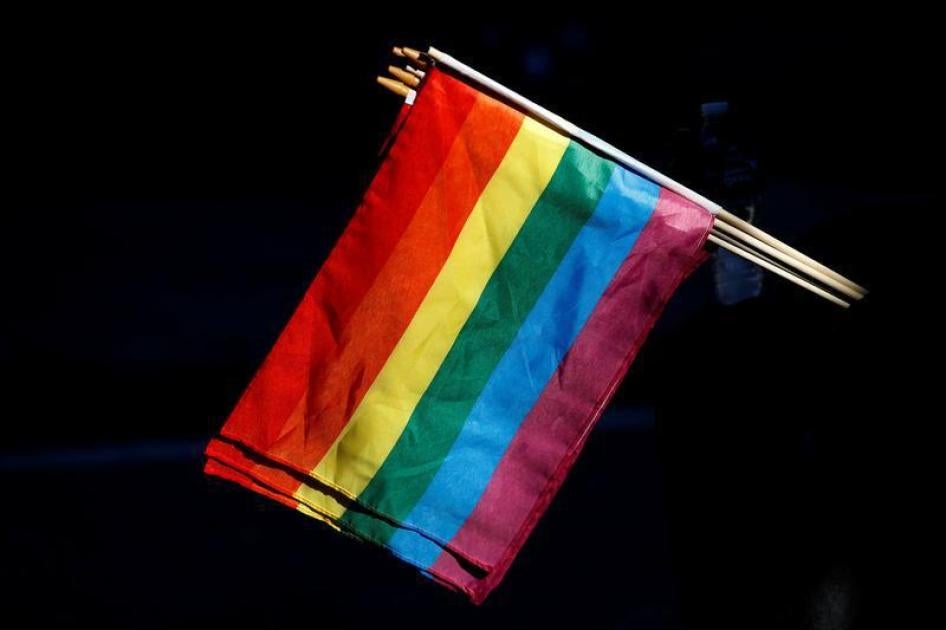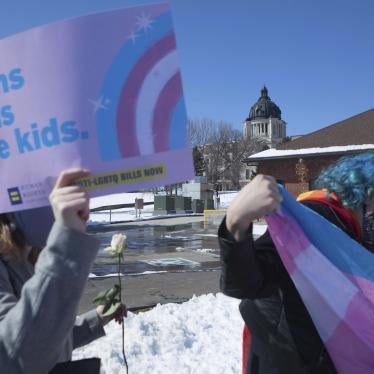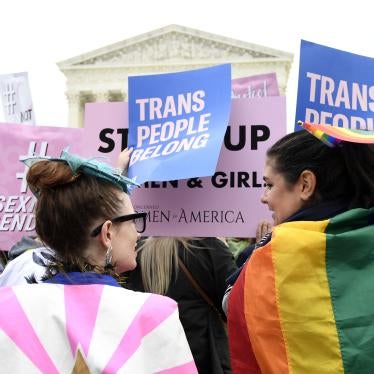On February 17, a Florida committee advanced a bill that would restrict discussions of sexual orientation and gender identity in schools.
The bill would ban discussing these issues in primary schools and restrict how they are discussed in other grades if they are deemed “not age-appropriate.” However, it does not specify what would be considered age-appropriate, or who decides. Any parent could sue their child’s school for compensation for alleged harm if they believe those discussions have occurred. The likely outcome of the bill would be to deter teachers from addressing these issues and to chill open discussions and support for lesbian, gay, bisexual, and transgender (LGBT) students.
The bill would also require school personnel to notify parents of changes in a student’s physical, mental, or emotional health. It would significantly limit the ability of counselors and teachers to be a confidential resource for students, including LGBT students who may not feel safe or comfortable asking questions about sexual orientation or gender identity to family members.
Human Rights Watch has documented how curricular restrictions harm LGBT youth in US schools. These restrictions not only prevent students from accessing information that’s essential to their health and well-being, but send a discriminatory message that being LGBT is inappropriate or wrong. That message not only stigmatizes LGBT children but can tacitly encourage intolerance and bullying from peers from a young age.
In recent years, states like Alabama, Arizona, South Carolina, and Utah all repealed laws that limited discussions of LGBT issues in schools. Similar laws remain in place in Louisiana, Oklahoma, Mississippi, and Texas, while five other states allow parents to opt their children out of curricula in which LGBT issues are being discussed.
By introducing new laws to this effect, Florida is moving in the wrong direction – and at least seven other states are poised to do so as well. Teachers should not fear punishment if they celebrate diversity or let kids know that it’s okay to be LGBT, and students should not be cut off from affirming information and support.









